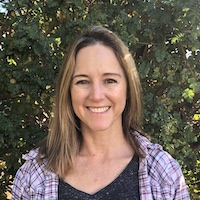Christine Tara Peterson, Ph.D.
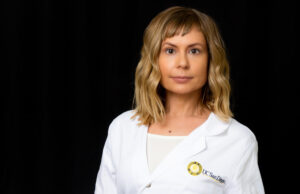
Dr. Christine Tara Peterson, Ph.D. in Microbiology & Immunology, is a distinguished Ayurvedic practitioner and researcher, recognized for pioneering the integration of Ayurvedic Medicine with modern scientific methodologies. During her Post-Doctoral Fellowship in Integrative Health at UCSD School of Medicine, she conducted groundbreaking research on Ayurvedic herbs, leading to her promotion as Assistant Project Scientist in the Department of Family Medicine. A graduate of the California College of Ayurveda and a professional member of NAMA, Christine’s dedication to learning spans globally, studying under renowned Ayurvedic clinicians. Her research focus includes Clinical Trials, microbiome modulation, and Natural Products Discovery, contributing significantly to Ayurveda’s evidence-based establishment. As Director of The Institute for Vedic Research, Dr. Peterson’s clinical expertise extends to guiding individuals in Ayurveda, Yoga, and Vedic Sciences, specializing in gut and nervous system disorders and women’s health. Dr. Peterson’s work has been instrumental in bridging the gap between Ayurvedic medicine and conventional healthcare, facilitating its integration into modern healthcare practices.
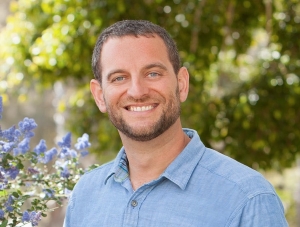
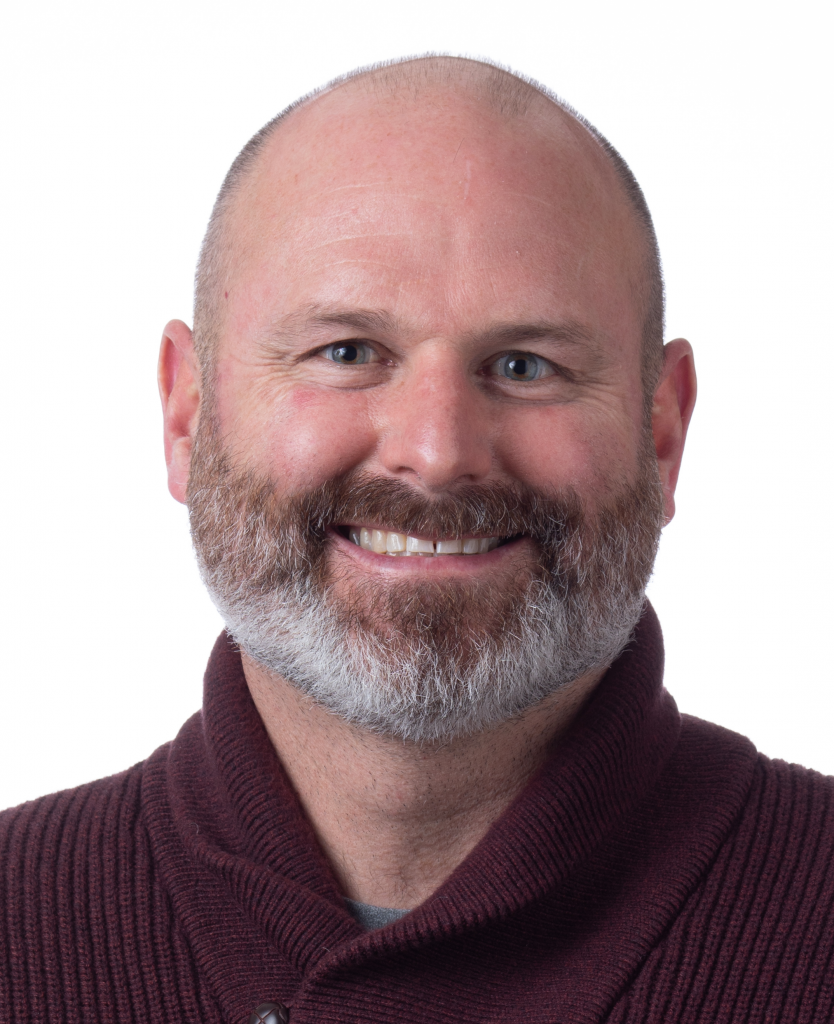
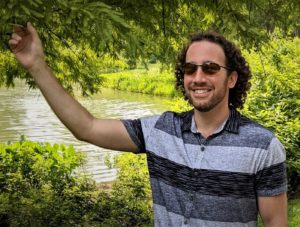
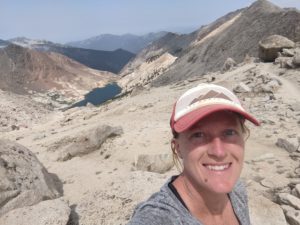
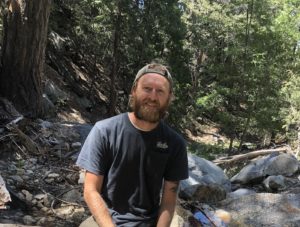
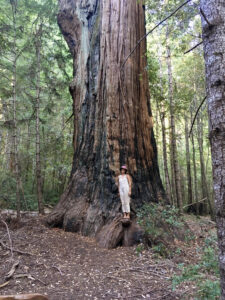
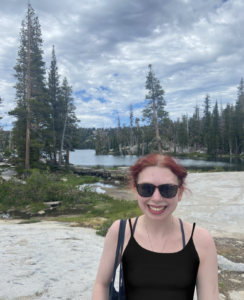

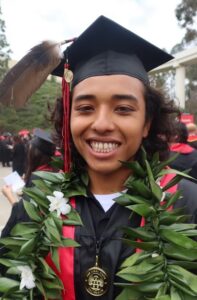
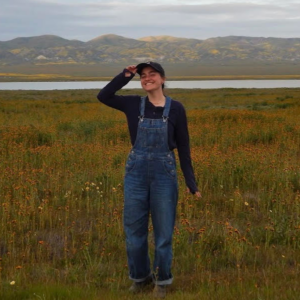
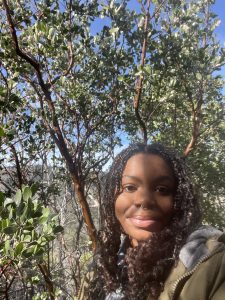
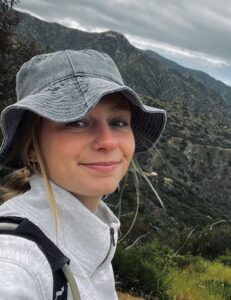
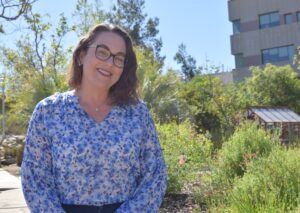
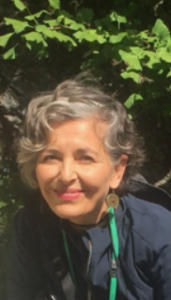
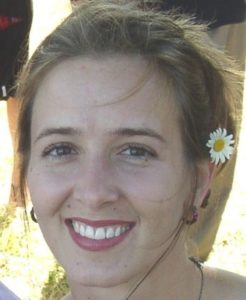
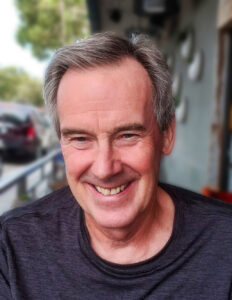
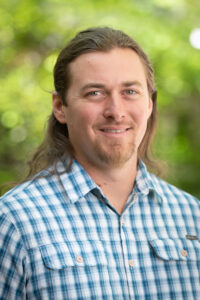
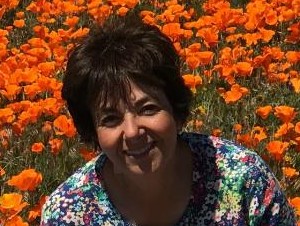
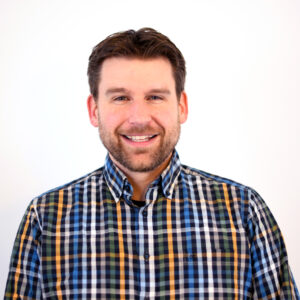
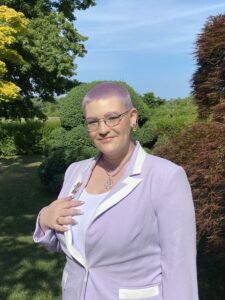
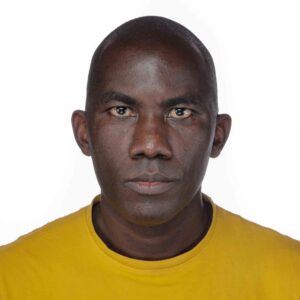
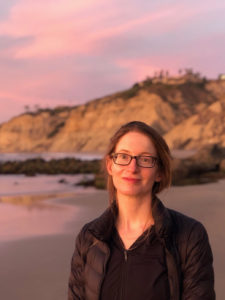 Jade d’Alpoim Guedes is an Associate Professor of Anthropology and at the Scripps Institution of Oceanography at University of California, San Diego. She is a environmental archaeologist and computational modeller who studies how humans adapted their foraging practices and agricultural strategies to new environments. Jade earned her PhD at Harvard University in 2013 and carried out a postdoctoral fellowship in Earth Planetary Science where she developed computational models that charted the spread of agriculture to Southwest China and the Tibetan Plateau. She directs the paleoethnobotany laboratory at UCSD where she has analyzed material from a wide variety of contexts across China, Southeast Asia, Harappa and the Pacific Northwest. She currently directs an NSF funded interdisciplinary fieldwork project in the Jiuzhaigou National Park, Sichuan Province, China that uses a combination of computational modeling, ancient climate reconstruction and geomorphology to chart how humans adapted their agricultural strategies to the challenging environment of the foothills of the eastern Tibetan Plateau. This project also involves experimental research and field trials of crop landraces aimed at improving the models used to understand ancient crop distribution and their resistance to climate change.
Jade d’Alpoim Guedes is an Associate Professor of Anthropology and at the Scripps Institution of Oceanography at University of California, San Diego. She is a environmental archaeologist and computational modeller who studies how humans adapted their foraging practices and agricultural strategies to new environments. Jade earned her PhD at Harvard University in 2013 and carried out a postdoctoral fellowship in Earth Planetary Science where she developed computational models that charted the spread of agriculture to Southwest China and the Tibetan Plateau. She directs the paleoethnobotany laboratory at UCSD where she has analyzed material from a wide variety of contexts across China, Southeast Asia, Harappa and the Pacific Northwest. She currently directs an NSF funded interdisciplinary fieldwork project in the Jiuzhaigou National Park, Sichuan Province, China that uses a combination of computational modeling, ancient climate reconstruction and geomorphology to chart how humans adapted their agricultural strategies to the challenging environment of the foothills of the eastern Tibetan Plateau. This project also involves experimental research and field trials of crop landraces aimed at improving the models used to understand ancient crop distribution and their resistance to climate change.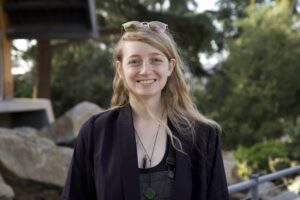

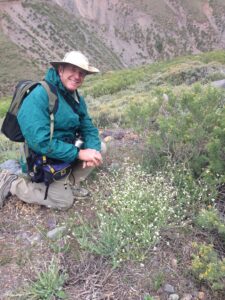 Dr. Michael G. Simpson is a Professor Emeritus of Biology at San Diego State University (SDSU) and curator of the SDSU Herbarium. His areas of expertise are plant taxonomy, plant molecular phylogenetics, and floristics. Dr. Simpson currently coordinates and co-teaches a spring course at SDSU, Field Botany of San Diego County. In addition to publishing articles in technical journals, Dr. Simpson is author of the widely used textbook
Dr. Michael G. Simpson is a Professor Emeritus of Biology at San Diego State University (SDSU) and curator of the SDSU Herbarium. His areas of expertise are plant taxonomy, plant molecular phylogenetics, and floristics. Dr. Simpson currently coordinates and co-teaches a spring course at SDSU, Field Botany of San Diego County. In addition to publishing articles in technical journals, Dr. Simpson is author of the widely used textbook 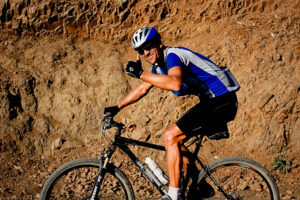
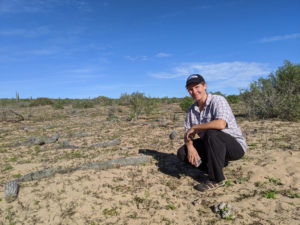 Sula has been working on the flora and ecology of the Californias since 2004, with a focus on the peninsula of Baja California. She is particularly interested in cross-border initiatives and synthetic transdisciplinary studies, and she conducts mostly field-based research.
Sula has been working on the flora and ecology of the Californias since 2004, with a focus on the peninsula of Baja California. She is particularly interested in cross-border initiatives and synthetic transdisciplinary studies, and she conducts mostly field-based research.